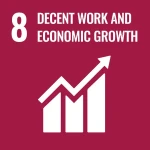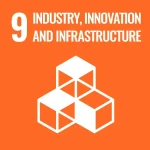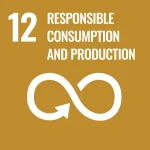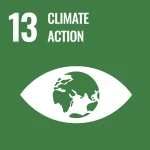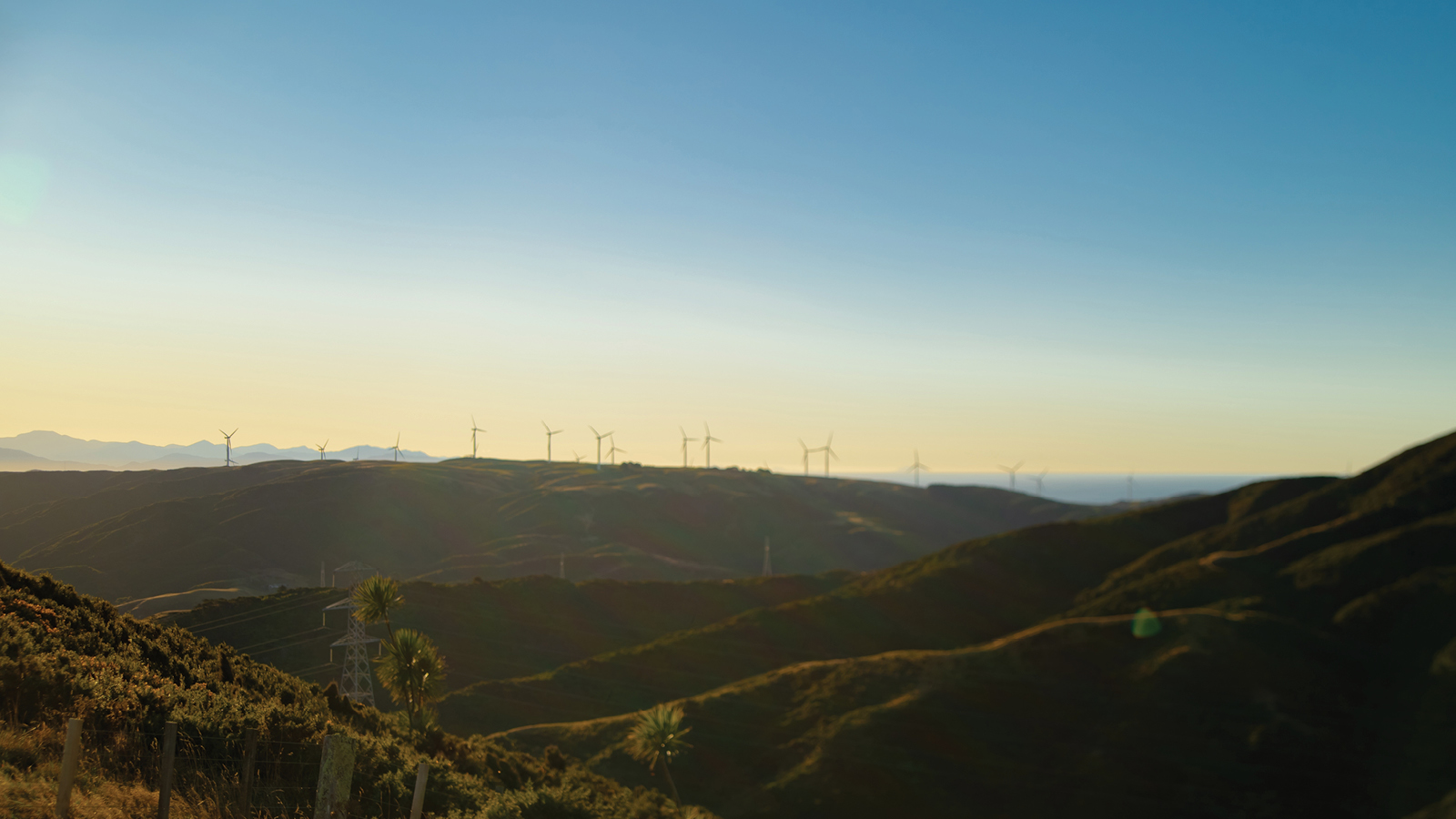At the University of Waikato we’re championing sustainability and providing the evidence to support businesses’ transitioning to a low-carbon economy, sharing knowledge and insights on issues impacting New Zealand and global business.
We are home to the New Zealand Economics Forum, launched in 2021, bringing together leading economists, business leaders and public sector officials to discuss the most pressing economic issues facing the country, and we are the base for the New Zealand Institute of Business Research.
Collaborative projects such as Āmiomio Aotearoa bring together mātauranga Māori and science to develop a circular economy for the wellbeing of New Zealand. We are also working to understand how Māori and Indigenous entrepreneurs balance cultural and commercial imperatives in business, unlocking new ways of operating more sustainably where business achievement and financial success are judged by the level of contributions to the wellbeing of people and the environment, rather than by individual gain.
Using experimental economics, and blending psychology and economics, we are decoding decision-making to help us understand where business and sustainability intersect and how we can make meaningful change towards a low-carbon future.
We are also looking at the dependency of green growth on our natural resources and the prospects for early-stage green investment opportunities in Australia and New Zealand to drive a green economy that delivers the innovations we need for sustainable success.
Our global finance researchers are also involved in pioneering research on financial markets and investment analysis, including the growth of digital and crypto currencies, the emergence of retail share trading platforms and mechanisms to mitigate new and long-standing risks to trade and global economic stability.
We’re committed to empowering businesses to respond effectively and thrive sustainably in our changing world.
